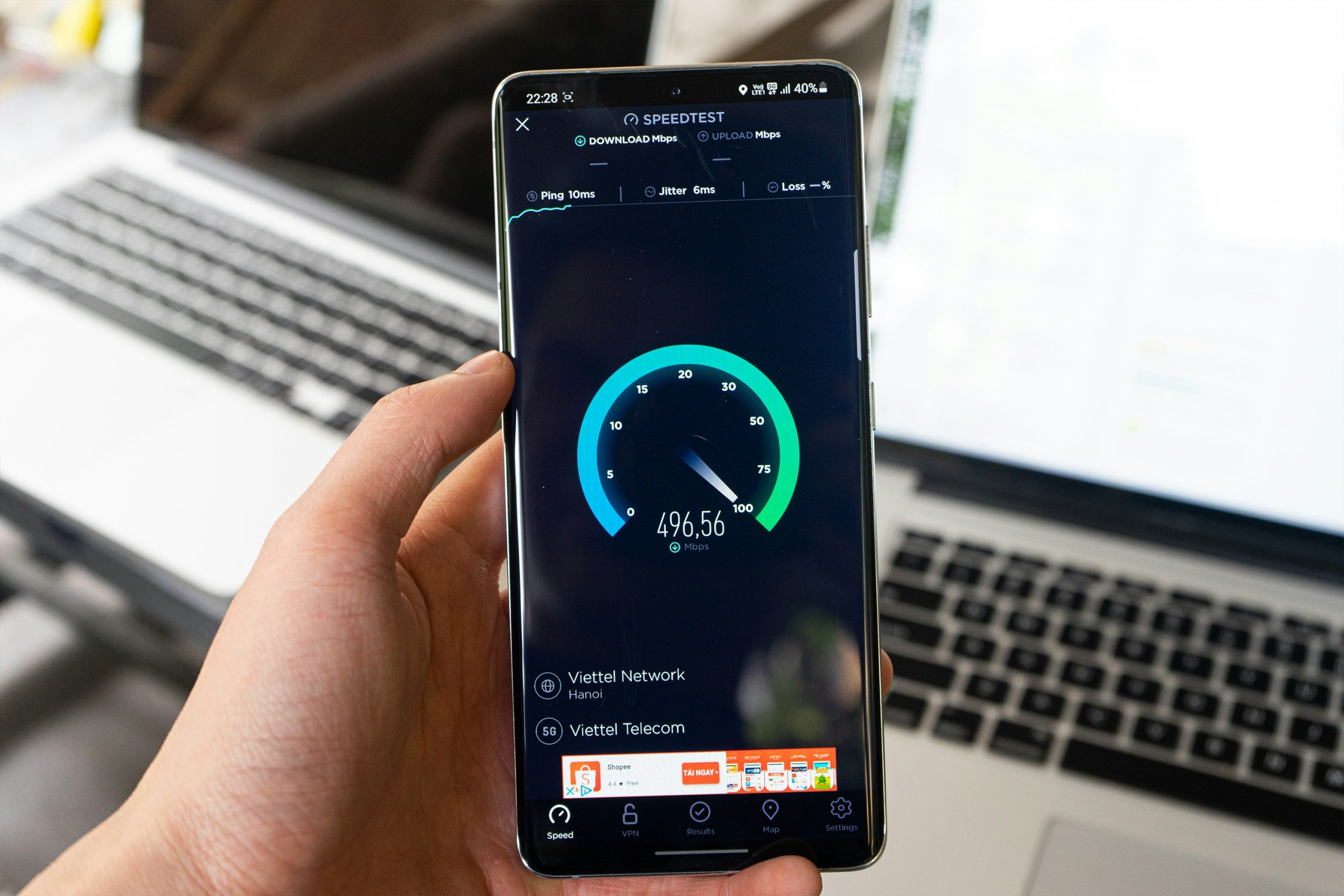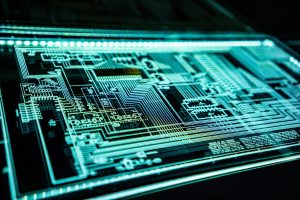Revolutionizing Internet of Things with Intelligent Connectivity
The rapid advancement of technology in recent years has transformed the way we live, work, and communicate. One of the most significant developments is the Internet of Things (IoT), which refers to the connectivity of physical devices, vehicles, buildings, and other items, allowing them to exchange data over the internet. However, this idea of interconnectedness is about to take a leap towards intelligent connectivity, revolutionizing the entire IoT landscape.
The Evolution of IoT
IoT has come a long way since it was first introduced in 1999 by Kevin Ashton, a British technology expert. Initially, it was a network of devices that could interact with each other without human intervention. But today, it has become an integral part of our daily lives – from smart homes and offices to wearable devices and smart cities. The number of connected devices is continuously growing, and by 2025, it is estimated that there will be over 75 billion IoT devices worldwide.
The Next Big Thing – Intelligent Connectivity
Intelligent connectivity takes the concept of IoT to a whole new level by integrating artificial intelligence (AI) and machine learning (ML) capabilities into the devices and applications. This means that the devices will not only be able to communicate with each other but also have the ability to analyze, learn, and make intelligent decisions based on the data they collect.
Seamless Connectivity
With intelligent connectivity, all IoT devices, regardless of make, model, or manufacturer, will be able to communicate with each other seamlessly. This will eliminate the current problem of compatibility and fragmentation among different IoT devices. Intelligent connectivity will pave the way for a truly interconnected world, where all devices will be able to work together seamlessly.
Data Analysis and Insights
Collecting data is one thing, but analyzing it to gain valuable insights is another. With intelligent connectivity, IoT devices will have the ability to analyze the data they collect and provide meaningful insights for their users. For example, a smart home system can analyze the temperature and humidity levels in a room and adjust them to create an optimal living environment.
Real-Time Decision-Making
Intelligent connectivity eliminates the need for human intervention in decision-making processes. With AI and ML capabilities, IoT devices can make decisions in real-time based on the data they receive. This can be a game-changer in various industries like healthcare, transportation, and manufacturing, where time is of the essence, and quick decision-making is crucial.
The Impact of Intelligent Connectivity
The potential impact of intelligent connectivity is vast and far-reaching. It has the power to revolutionize various industries and improve our daily lives in ways we never thought possible. Here are some areas where intelligent connectivity is already making a significant impact:
Smart Homes and Offices
Intelligent connectivity is transforming the way we interact with our living and working spaces. With smart devices and applications, we can control our lights, appliances, security systems, and more through voice commands or a single app on our smartphones.
Healthcare
The healthcare sector is one of the primary beneficiaries of intelligent connectivity. With the integration of healthcare IoT devices and AI capabilities, patients can receive remote medical care, monitor their health conditions, and even receive personalized treatments.
Transportation
Intelligent connectivity is driving the development of smart cities and smart transportation systems. With sensors and AI-enabled traffic control, we can reduce accidents, optimize traffic flow, and create more sustainable transportation.
Manufacturing and Supply Chain Management
In the manufacturing sector, intelligent connectivity is helping in predictive maintenance, efficient inventory management, and streamlined supply chain operations. This results in reduced downtime, cost savings, and improved productivity.
Challenges Ahead
While intelligent connectivity offers endless possibilities, there are also some challenges that need to be addressed. One of the most significant concerns is data privacy and security. With the vast amount of data that will be collected, there is a need for strict protocols and regulations to ensure the safety and privacy of individuals’ personal information.
Conclusion
Intelligent connectivity is the next big step in the evolution of IoT. With its integration of AI and ML capabilities, we can expect a more interconnected, intelligent, and efficient world. However, it is essential to address the potential challenges and implement necessary measures to ensure the ethical and secure use of this technology. The future is undoubtedly bright for intelligent connectivity, and it is up to us to harness its power responsibly.











